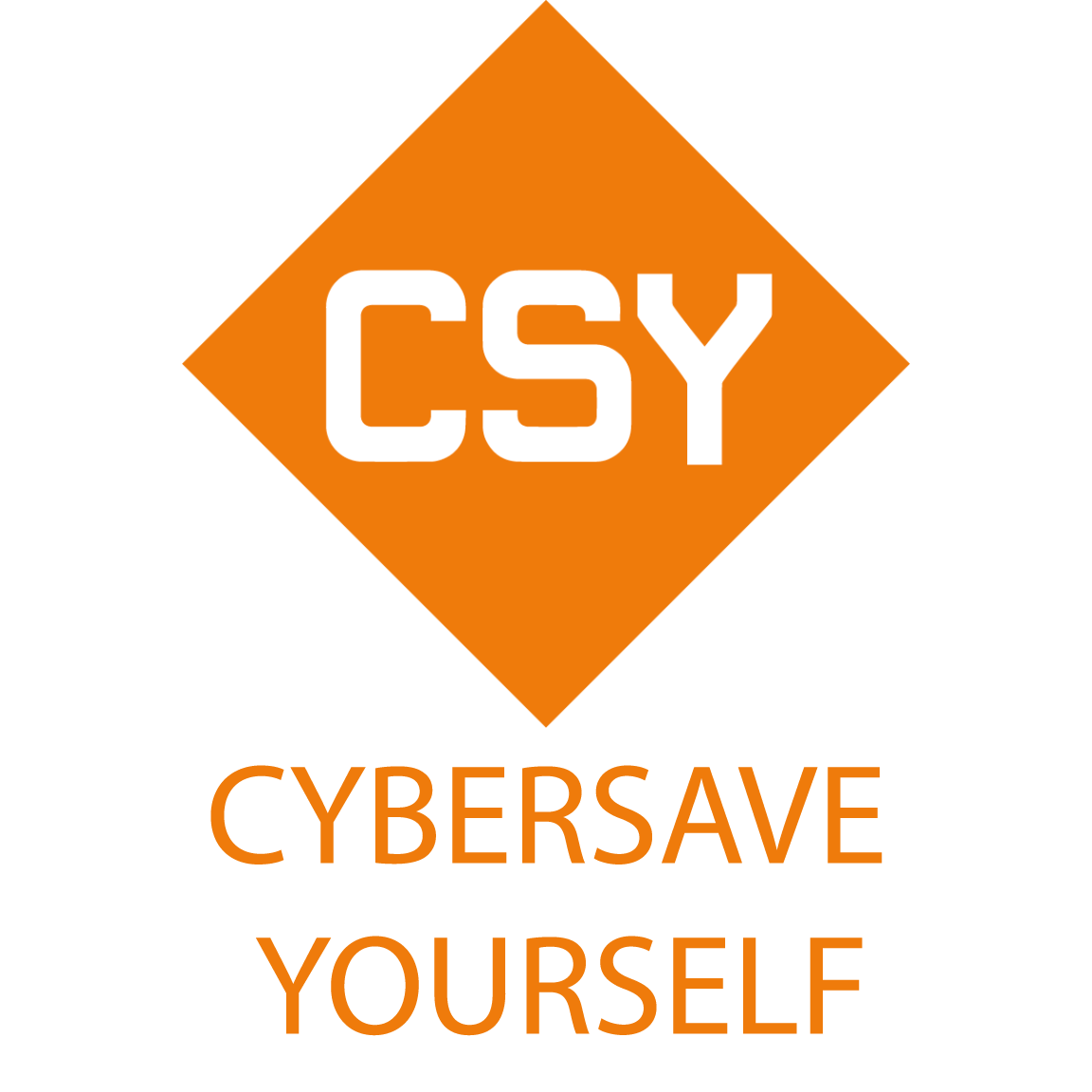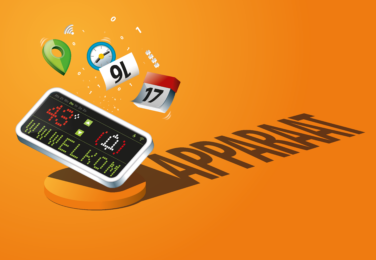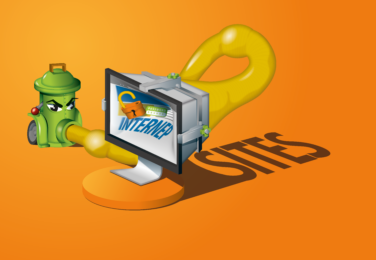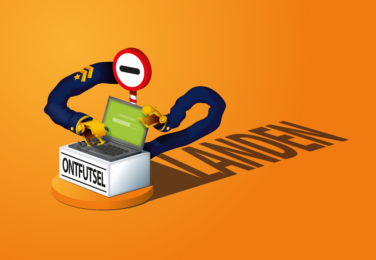Protect your data
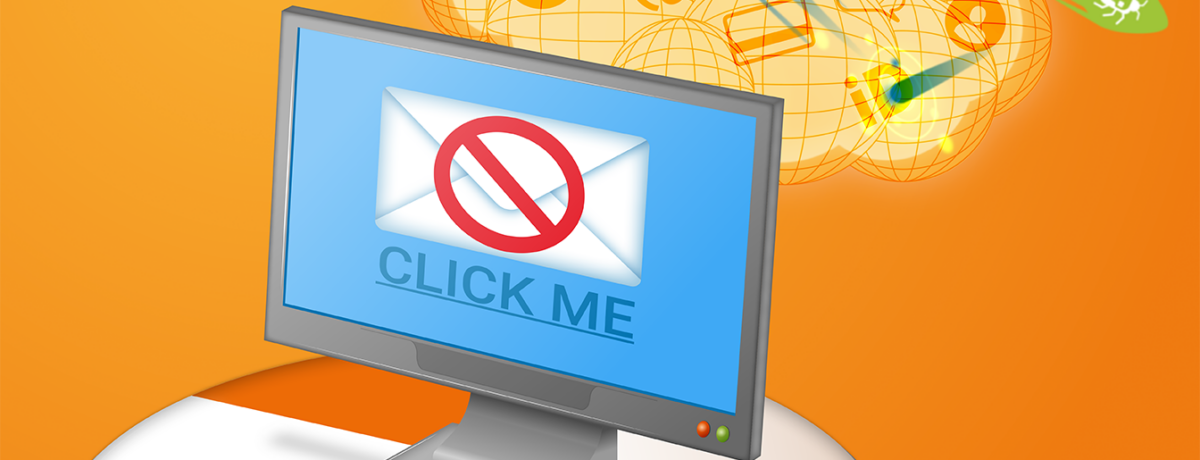
Use these cybersecurity basics to protect yourself and your data. At home, on the road, at school and at work.
If you store data, it can easily be read. Therefore, think carefully before storing data. Is this the best place? How secure is this really? It is always safer to store data in a central location and give people access.
Encryption allows you to encrypt your data. This ensures that only you can access your data.
Read more about storing data securely
You're looking for information or that one product. You click and read and click some more. The next day you find you can't log in anymore. Absorbed in your search, you didn't see that one of those sites was fake. And now your name and login credentials are up for grabs.
Here's how to recognize fake websites
Have you received a suspicious email? Phishing mail is the stepping stone by which cybercriminals try to get in. To get data, or to install suspicious programs on your computer. Phishing mail is becoming increasingly convincing. With these tips, you can debunk phishing mail.
More about phishing
With a strong password, you protect your data on your computer, tablet, and smartphone. As well as your email, social media, and data in the cloud. Make sure your password is at least 12 characters long and vary with letters, numbers, and characters. Longer is stronger!
Read more about strong passwords
Reusing passwords is dangerous. When cybercriminals get their hands on your password, they can instantly access lots of different accounts and data.
Smart variations of a password are also easy to crack. Therefore, choose a unique and strong password for all important accounts.
Have you ever shared your account information? It's more dangerous than you think. Think carefully if there are alternatives. For example, requesting a guest account, or sharing files some other way.
More about passwords and account sharing
A VPN secures your Internet traffic, preventing cybercriminals from eavesdropping on you. Use a VPN for important and privacy-sensitive things. Such as online banking, logging into government websites and to access medical records. And use a VPN if you're on a public network. You never know who's watching.
Read more about VPN and public networks
Using a public Wi-Fi network from, say, a café, hotel, campsite, airport, train or bus is never safe, whether you use a password or not. Once you log on to a public Wi-Fi network, a hacker can gain access to your device and therefore your personal and important data. Therefore, use your data bundle, do not log on to public networks and make sure your phone does not automatically log on to public networks such as Wi-Fi on the train.
More about the risks of public wifi
A virus scanner helps you recognize harmful software. It prevents viruses from striking unseen. Note that a virus scanner only checks for already known viruses. Therefore, it is also important that you update your device as soon as possible.
With a backup, you store your files in another, safe place. That way, if you are hacked, you won't lose all your data and files at once. Major cloud providers such as Microsoft and Apple have the ability to automatically write files from your device to a backup for a small fee.
Vendors regularly release updates. Sometimes the updates are to plug a just-publicized security vulnerability. After a security vulnerability is announced, hackers actively search for devices that are vulnerable. Implement updates as soon as possible and prevent your device from being hacked.
Internet of things
Your coffee is ready when you wake up, there’s a message on your phone to say the washing is done and the thermostat knows when and how much to heat...
Read articleRecognize fake websites
You’re looking for information about a product. You click and read and then click again. The next day, you find you can't log in. Pre-occupied with your search, you didn't...
Read articleData confiscation abroad
When you go on holiday, you take all your valuables with you. These days, everything you need to run your day-to-day life, your memories and expertise are stored on your...
Read article